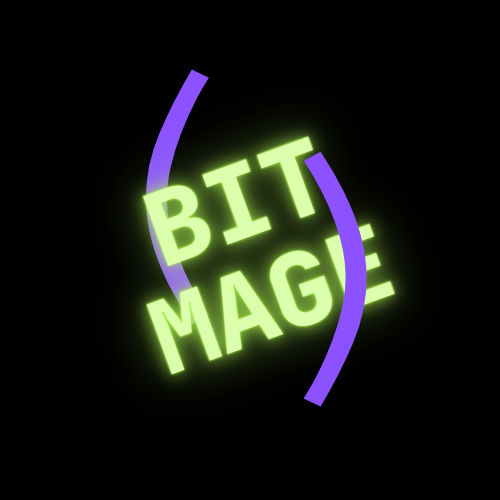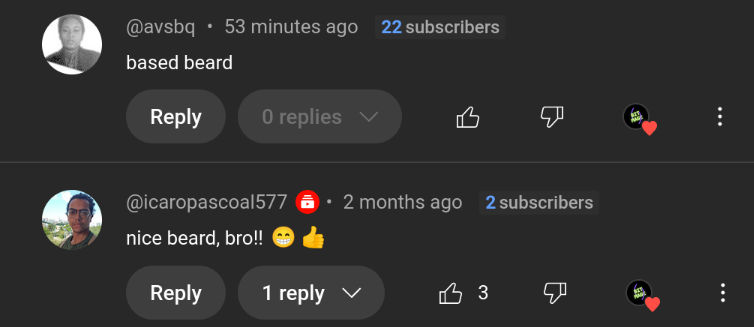OSDEV[0x1]: Studying Strategy (for Writing an Operating System)
This video is the second part (0x1) of a series on writing an operating system. The creator, Raj, details the comprehensive studying and logging strategy he has designed to tackle this long-term project. The goal is to create a structured approach that fosters deep understanding, maintains motivation, and effectively manages the vast scope of the endeavor.

